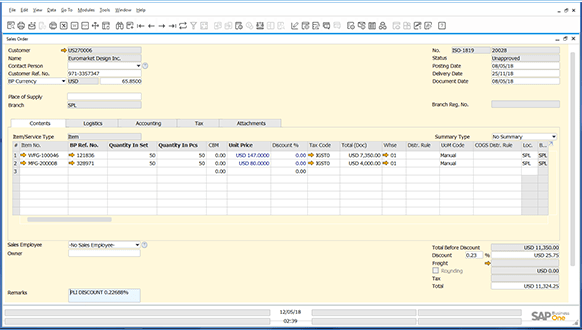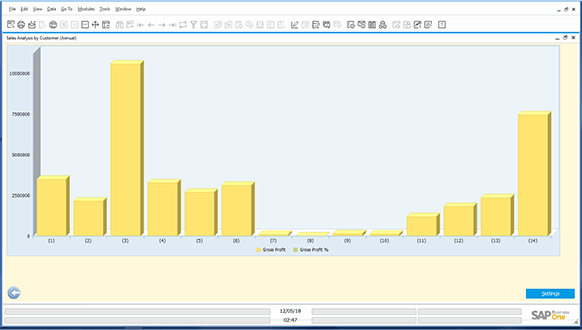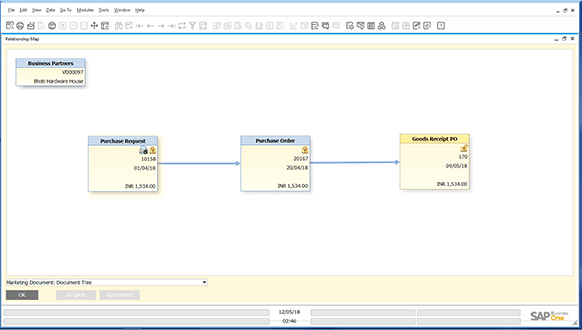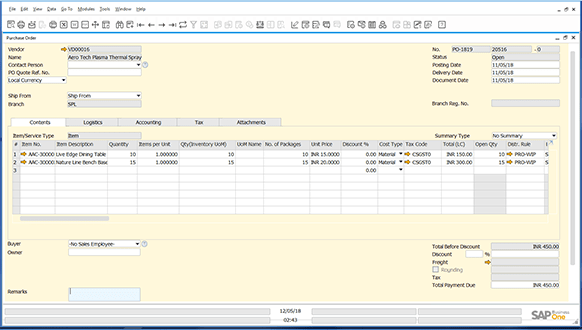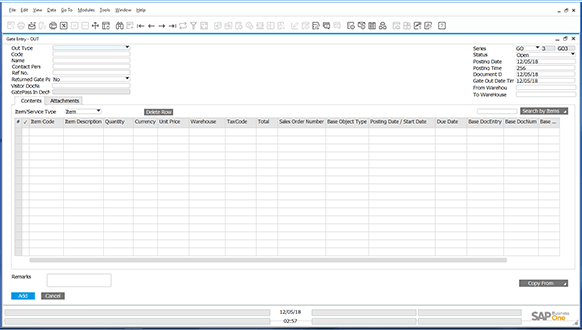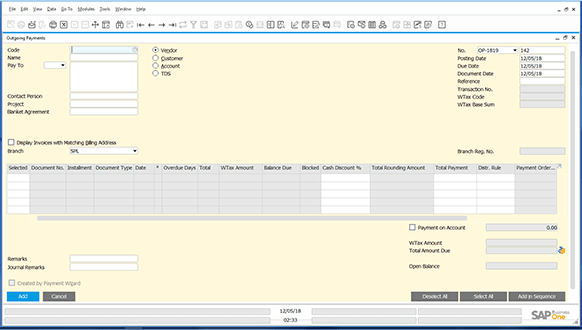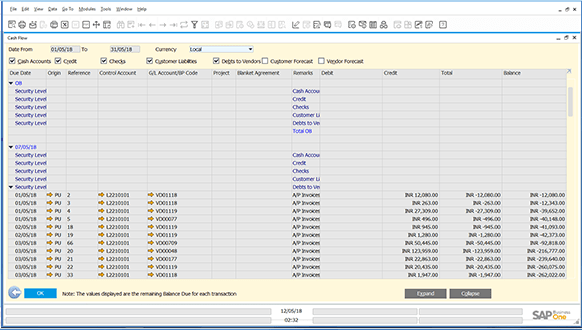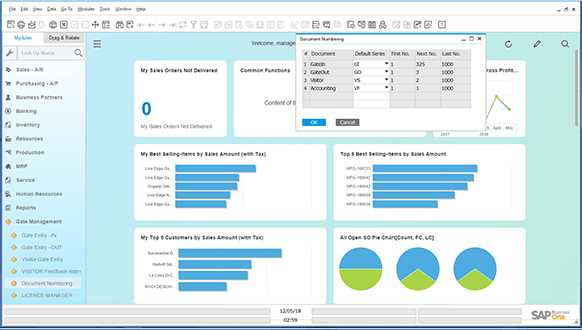Block Chain
The simplest blockchain definition? A reliable, difficult-to-hack record of transactions and of who owns what. Blockchain is based on distributed ledger technology, which securely records information across a peer-to-peer network. Although it was originally created for trading Bitcoin, blockchain's potential reaches far beyond cryptocurrency..
Enterprise Perspective
Blockchain has the potential to revolutionise how businesses operate.

What is distributed ledger technology?
A distributed ledger is a database of transactions that is shared and synchronised across multiple computers and locations without centralised control. Each party owns an identical copy of the record, which is automatically updated as soon as any additions are made.

How does blockchain work?
A blockchain records data across a peer-to-peer network. Every participant can see the data and verify or reject it using consensus algorithms. Approved data is entered into the ledger as a collection of "blocks" and stored in a chronological "chain" that cannot be altered.

What are smart contracts?
Smart contracts self-executing agreements based on blockchain technology automatically trigger actions or payments once conditions are met. In the near future, they will use real-time information, such as asset GPS data, to trigger an event, such as a transfer of ownership and funds.
Blockchain Networks
There are four ways to establish a blockchain network.
Consortium blockchains
In a consortium blockchain, the consensus process is controlled by a pre-selected group a group of corporations, for example. The right to read the blockchain and submit transactions to it may be public or restricted to participants. Consortium blockchains are considered to be "permissioned blockchains" and are best suited for use in business.
Semi-private blockchains
Semi-private blockchains are run by a single company that grants access to any user who satisfies pre-established criteria. Although not truly decentralised, this type of permissioned blockchain is appealing for business-to-business use cases and government applications.
Private blockchains
Private blockchains are controlled by a single organisation that determines who can read it, submit transactions to it, and participate in the consensus process. Since they are 100% centralised, private blockchains are useful as sandbox environments, but not for actual production.
Public blockchains
Anyone can read a public blockchain, send transactions to it, or participate in the consensus process. They are considered to be "permissionless". Every transaction is public, and users can remain anonymous. Bitcoin and Ethereum are prominent examples of public blockchains.
Benefits of blockchain
Manage your business with Blockchain
Fewer Intermediaries
Blockchain is a true peer-to-peer network that will reduce reliance on some types of third-party intermediaries like banks, lawyers, and brokers.
Faster Processes
Blockchain can speed up process execution in multi-party scenarios and allow for faster transactions that aren't limited by office hours.
Transparency
Information in blockchains is viewable by all participants and cannot be altered. This will reduce risk and fraud, and create trust.
ROI
Distributed ledgers will provide quick ROI by helping businesses create leaner, more efficient, and more profitable processes.
Security
The distributed and encrypted nature of blockchain mean it will be difficult to hack. This shows promise for business and IOT security.
Automation
Blockchain is programmable which will make it possible to automatically trigger actions, events, and payments once conditions are met.
Contact Us
Gita Mandir,Ahmedabad-380 022






